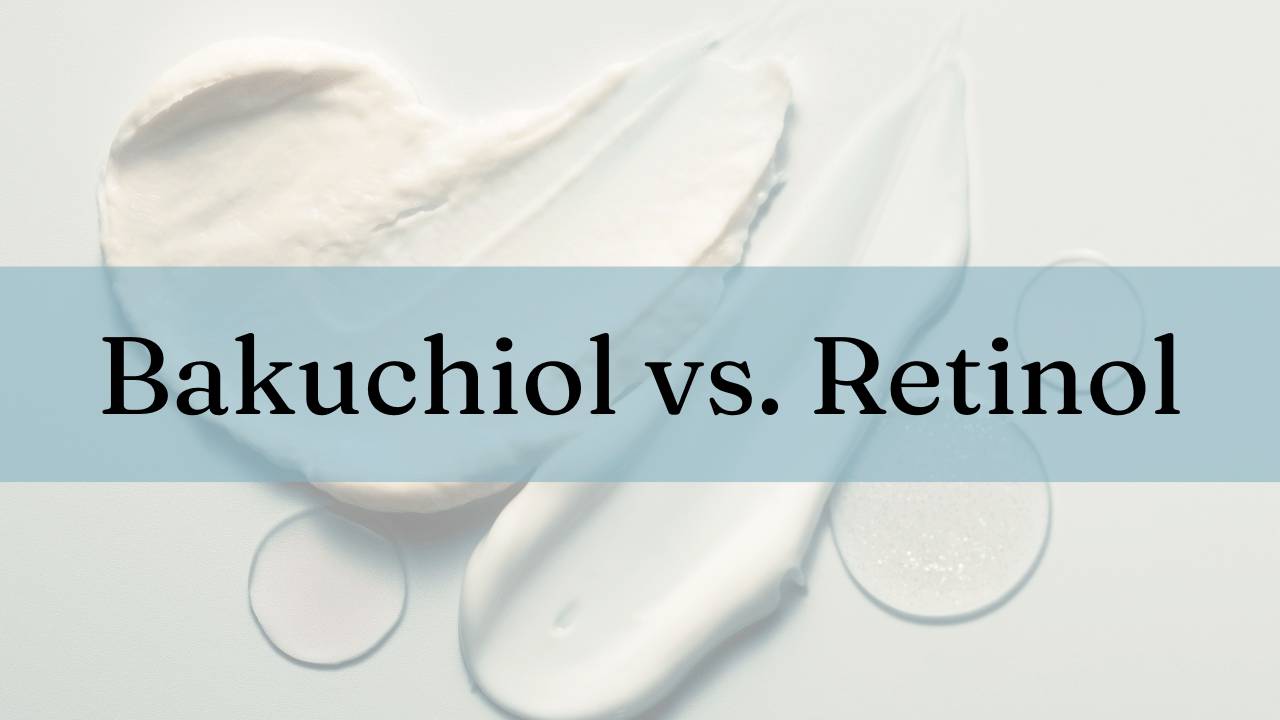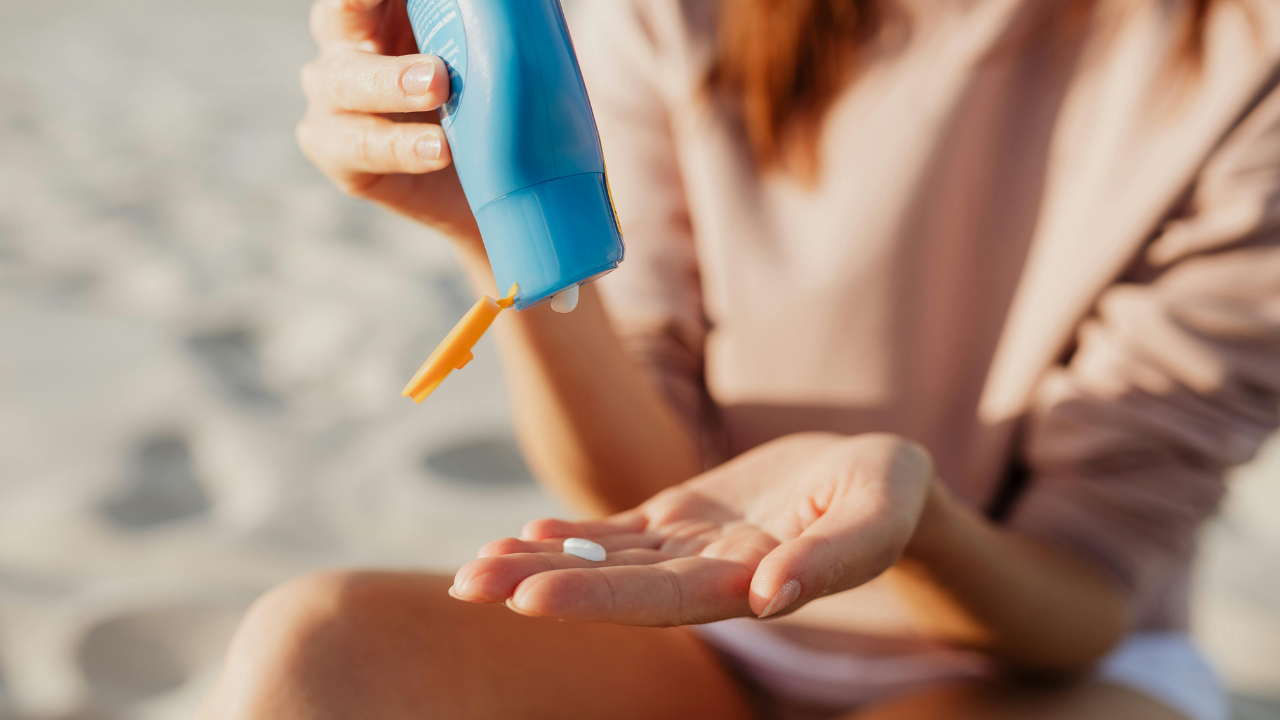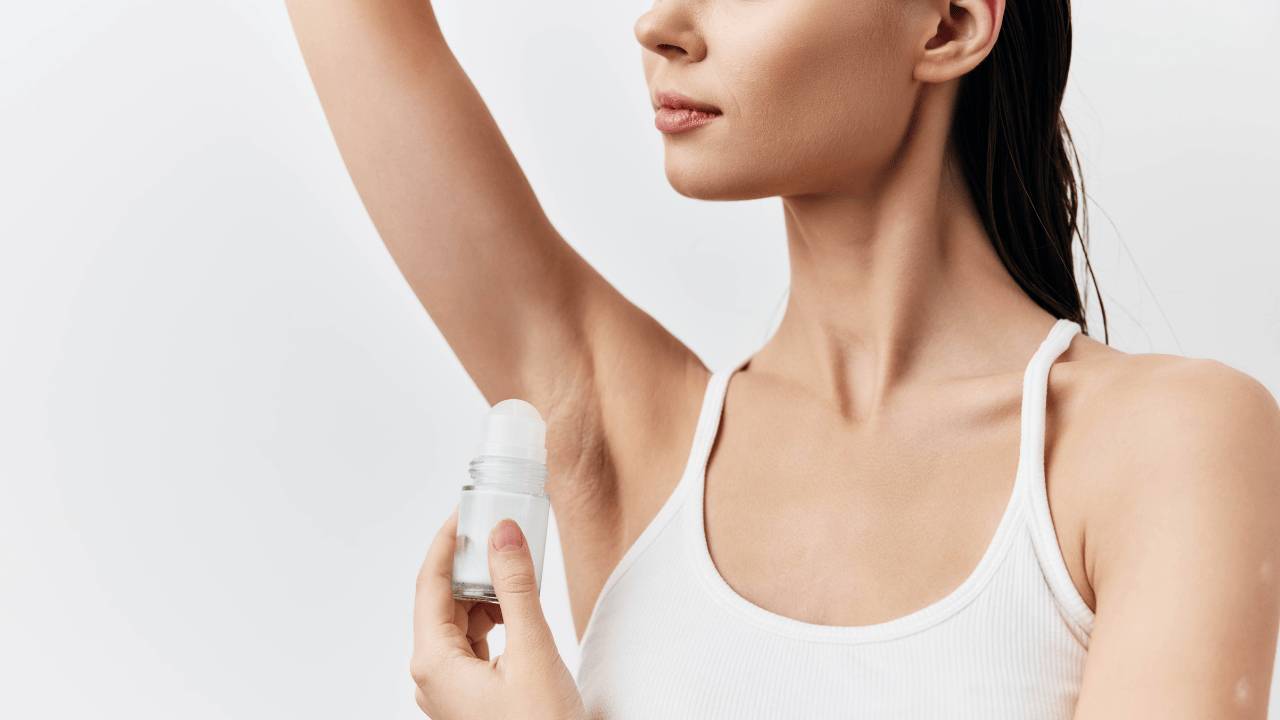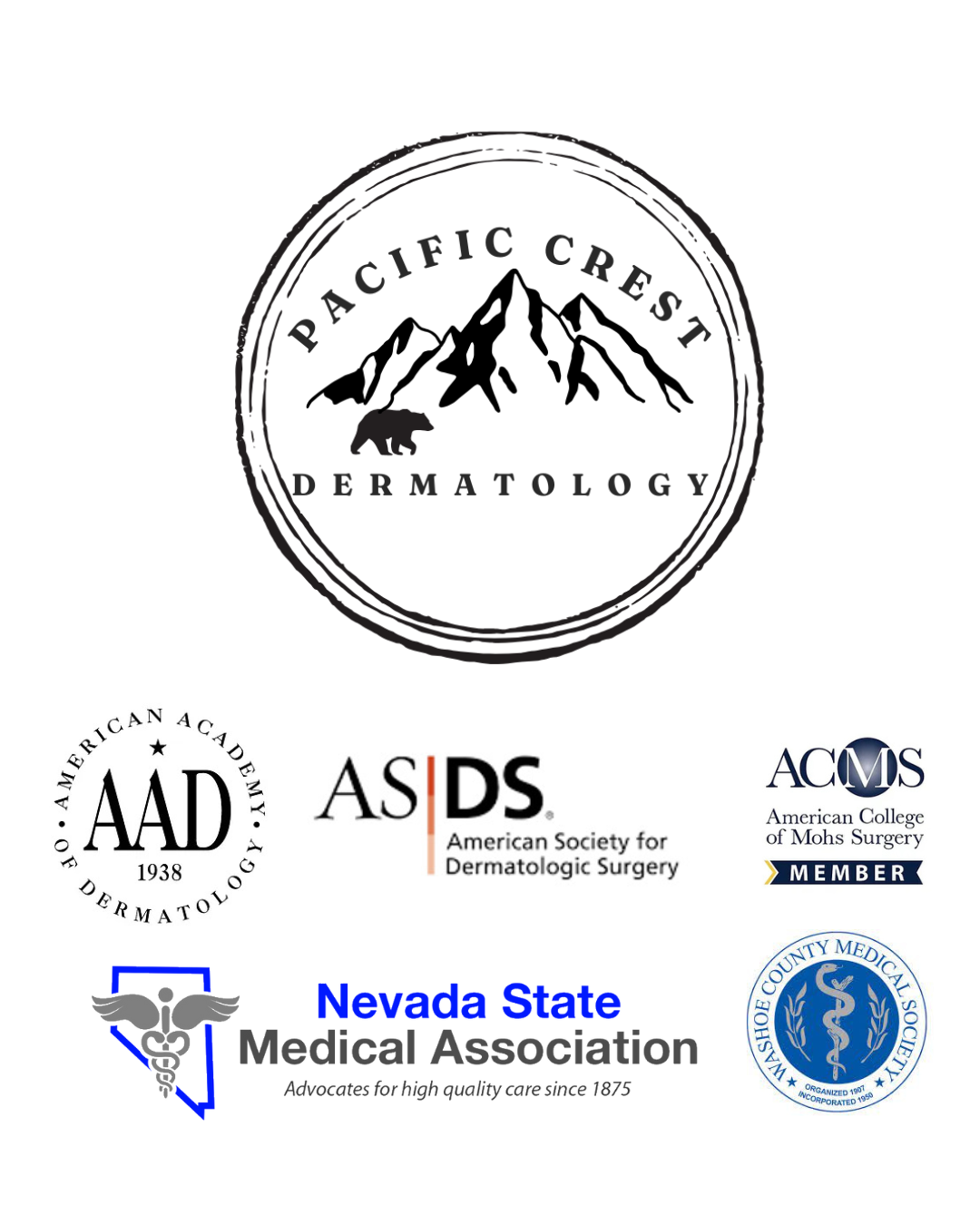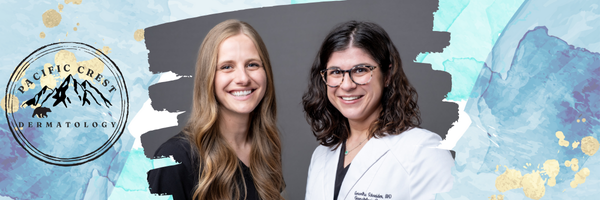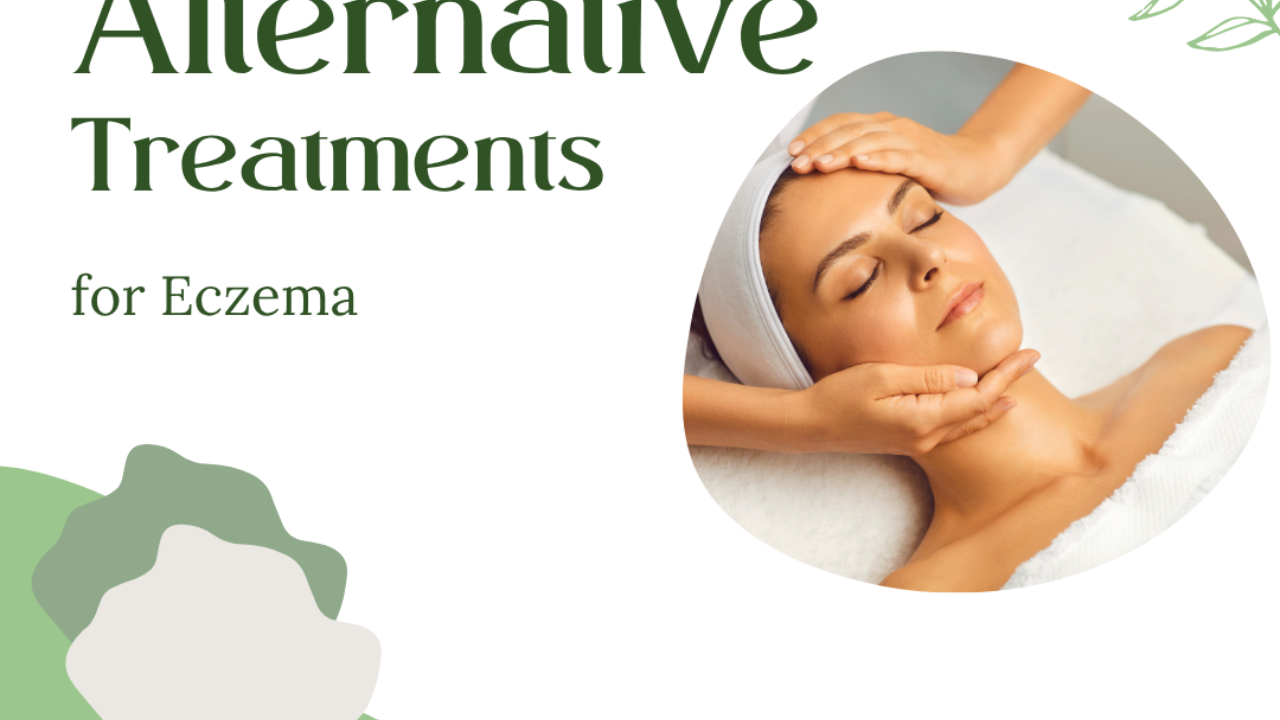
Alternative Treatments for Eczema: A Comprehensive Guide
Oct 01, 2025Living with eczema isn’t just about dealing with itchy skin—it can affect your sleep, your confidence, and your day-to-day comfort. While prescription creams and standard therapies are the foundation of care, many patients ask about complementary and alternative treatments. Good news: there are evidence-based options that may help reduce flares, soothe skin, and improve quality of life when used alongside your dermatologist’s recommendations.
Understanding Eczema
Eczema, also called atopic dermatitis, is a chronic inflammatory skin condition that causes dryness, itching, and rashes. It affects more than 31 million Americans (National Eczema Association), and while it can appear at any age, it’s especially common in children.
Triggers vary from person to person—stress, allergens, harsh soaps, weather changes, and even certain foods can spark a flare. There’s no permanent cure, but a thoughtful mix of medical and lifestyle approaches can help keep symptoms under control.
Dietary Interventions
Anti-Inflammatory Foods
Eating with skin health in mind may ease symptoms for some people:
- Omega-3 Fatty Acids: Found in salmon, mackerel, sardines, flaxseeds, and walnuts. Studies suggest omega-3s may improve the skin barrier and reduce itching.
- Probiotic-Rich Foods: Yogurt, kefir, sauerkraut, and kimchi support gut health. Several clinical trials show probiotics may reduce eczema severity in children, though more evidence is needed for adults.
- Antioxidant-Rich Produce: Berries, leafy greens, and bell peppers contain vitamins and compounds like quercetin, which act as natural antihistamines and anti-inflammatories.
Elimination Diets
Food triggers like dairy, eggs, soy, wheat, and nuts sometimes worsen eczema, but they’re not the cause for everyone. Elimination diets should always be guided by a doctor or dietitian to avoid unnecessary restrictions and nutrient deficiencies as well as severe allergies when foods are reintroduced.
Natural Topical Treatments
- Colloidal Oatmeal: Backed by FDA approval for eczema, it soothes itching and inflammation. Add to lukewarm baths or use in creams labeled “colloidal oatmeal.”
- Coconut Oil: Virgin coconut oil has antibacterial and moisturizing properties. Clinical studies have shown it helps reduce dryness and infection risk.
- Sunflower Seed Oil: Helps repair the skin barrier and reduce inflammation, especially when used after bathing (“soak and seal”).
- Aloe Vera: Provides a cooling effect, with research showing reduced itching and redness. Choose products with at least 98% aloe content.
Mind-Body Approaches
Stress often fuels eczema flares. Managing it is key:
- Mindfulness & Meditation: Evidence shows mindfulness-based stress reduction can improve quality of life for people with chronic skin conditions.
- Yoga: Gentle yoga improves circulation, lowers stress hormones, and promotes relaxation.
- Breathing Techniques: Practices like the 4-7-8 method may help break the itch-scratch cycle.
- Cognitive Behavioral Therapy (CBT): Especially helpful for those whose eczema significantly impacts mental health.
Supplements to Consider
Always check with your healthcare provider before starting supplements:
- Vitamin D: Low levels are linked to more severe eczema; supplementation may reduce flare frequency.
- Probiotics: Certain strains (Lactobacillus and Bifidobacterium) show promise in preventing eczema in children and easing symptoms.
- Evening Primrose Oil: Mixed research, but some patients find it reduces inflammation.
- Vitamin E: May help reduce oxidative stress when combined with topical treatments.
- Zinc: Supports wound healing; deficiencies can worsen skin issues.
Other Therapies
- Wet Wrap Therapy: Applying moisturizer under damp bandages or pajamas can rapidly soothe severe flares—best done under medical guidance.
- Acupuncture: Some studies suggest acupuncture reduces itching and stress, though results are mixed.
- Herbal Remedies: Chamomile, calendula, licorice root, and witch hazel may offer relief but should be patch-tested to avoid irritation or allergic reactions.
Environmental Modifications
- Humidifiers: Keep indoor humidity between 30–50% to prevent skin from drying out.
- Gentle Cleansing: Use fragrance-free cleansers and lukewarm water; moisturize immediately after bathing.
- Clothing Choices: Soft cotton or bamboo fabrics are best. Avoid wool and harsh detergents.
When to See a Dermatologist
Alternative treatments are not substitutes for medical care. Schedule a visit if:
- Symptoms aren’t improving or are worsening
- You notice signs of infection (pus, spreading redness, fever)
- Eczema affects your sleep, work, or emotional well-being
At Pacific Crest Dermatology, Dr. Samantha Schneider and PA Sydnee Eck specialize in personalized eczema care. We can help you combine medical treatments with safe, evidence-based alternative approaches.
Creating Your Personalized Plan
Managing eczema is a journey—not a one-size-fits-all approach. Keep a symptom diary, be patient as you try new strategies, and work closely with your care team to find what works best for you.
📍 Pacific Crest Dermatology
1525 Vista Lane, Suite 120
Carson City, NV 89703
📞 (775) 451-3376
🕒 Monday–Thursday, 7:30am–4pm, plus the first Friday of every month
✨ Takeaway: Alternative therapies—from probiotics and vitamin D to mindfulness and colloidal oatmeal—can help ease eczema when paired with professional dermatologic care.

